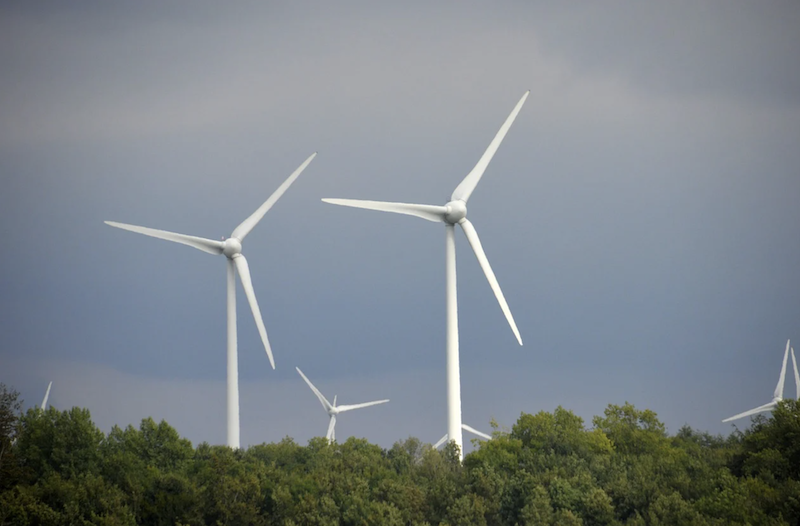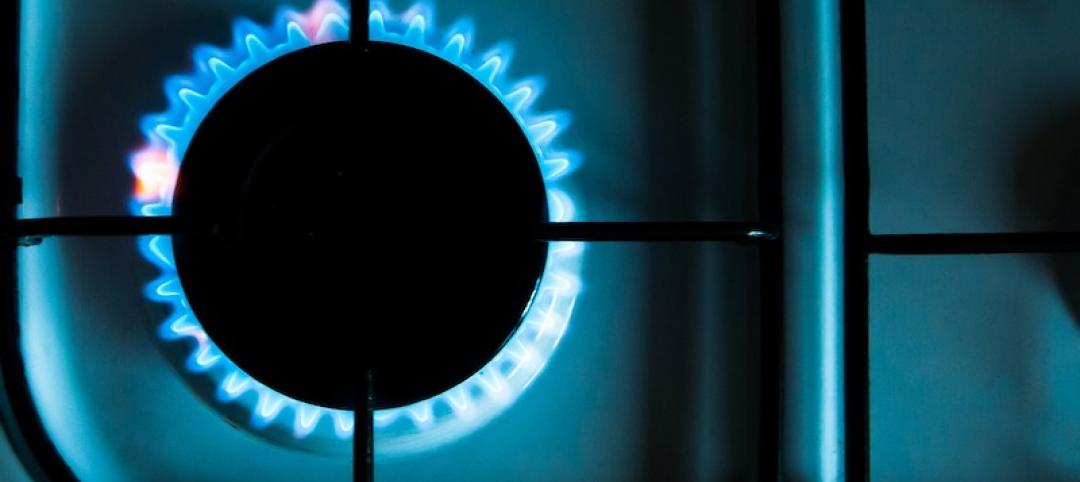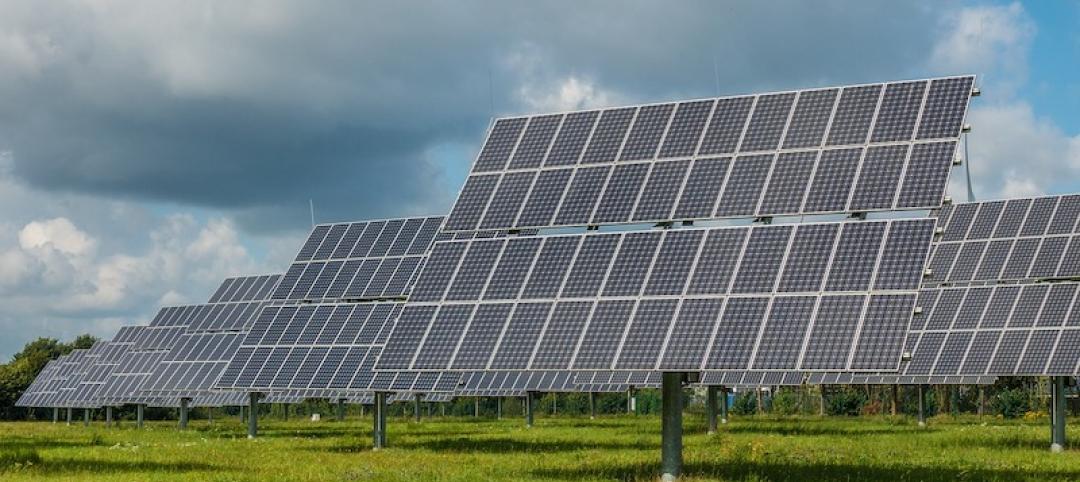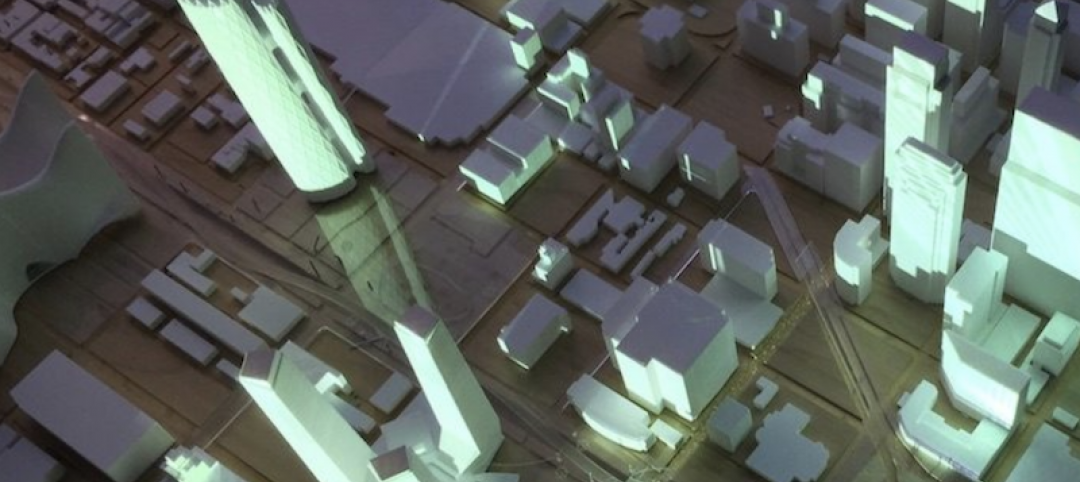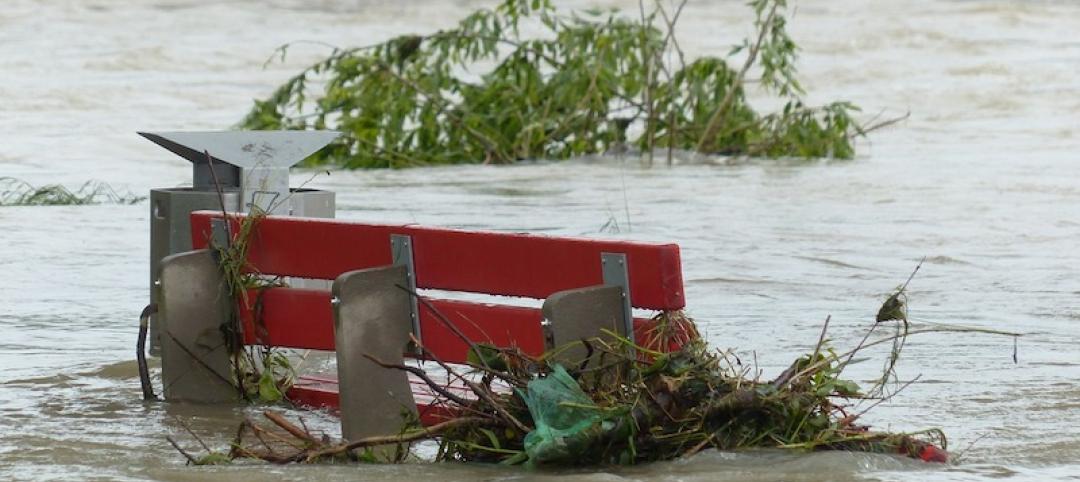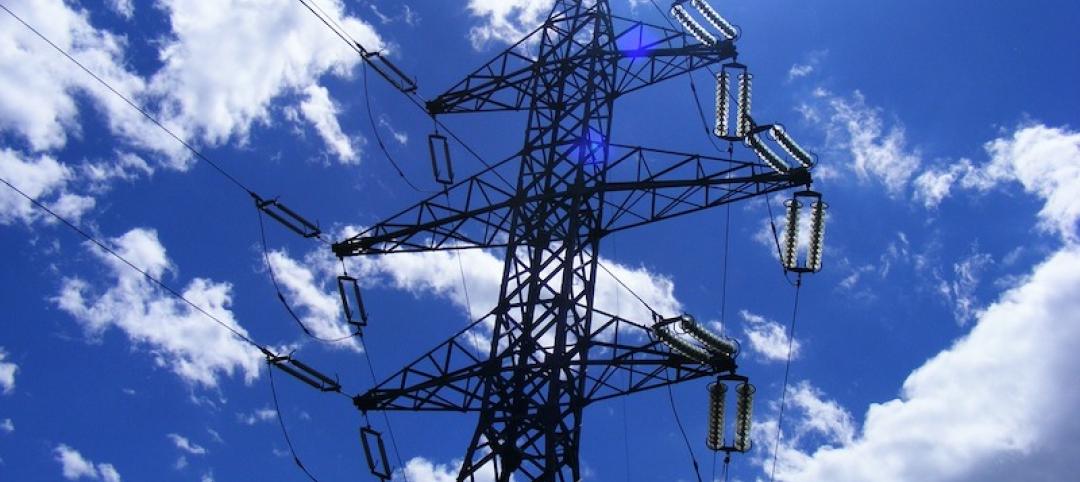The U.S. electric grid is making significant progress to zero-carbon status, according to a report from the Lawrence Berkeley National Laboratory.
Greenhouse-gas emissions from the electricity sector last year were 52% lower in 2020 than the U.S. Energy Information Administration predicted they would be back in 2005, the report says. Power-sector emissions fell 40% from 2005 to 2020, with much of the drop driven by cheap natural gas supplanting coal as the dominant fuel for U.S. power plants.
Further emissions cuts will require greater adoption of clean technologies such as energy storage, and that is achievable with the declining cost of solar and wind power generation, and battery storage, the report says. Low-carbon resources could reliably meet as much as 70%–90% of power supply needs at low incremental cost.
Other sectors, including the built environment, have made less progress in cutting emissions. Residential building emissions declined 29% from 2005 to 2020. Commercial building emissions dipped 32% during the same period.
Grid-interactive efficient buildings could help to make the grid more efficient by reducing the need for new supply and delivery infrastructure and providing another form of demand flexibility.
Related Stories
Codes and Standards | Jan 27, 2021
AECOM sues insurance carrier for payment of COVID-19 property damage claims
Claims ‘all-risk policies’ should have included millions of dollars of losses due to virus.
Codes and Standards | Jan 26, 2021
Updated guide to repair and rehabilitate existing concrete structures published
Document assesses how to adhere to code requirements.
Codes and Standards | Jan 25, 2021
New guide for skylight selection, daylighting design released
Free Fenestration and Glazing Industry Alliance document now available.
Codes and Standards | Jan 21, 2021
California considers statewide ban on natural gas heat, hot water in new homes
Code update would take effect in 2023.
Codes and Standards | Jan 20, 2021
Steel industry, labor urge Biden to retain steel tariffs
‘Essential to ensuring the viability of the domestic steel industry.’
Codes and Standards | Jan 19, 2021
2021 Solar Investment Tax Credit will remain at 26%
Incentive was scheduled to be reduced to 22%.
Codes and Standards | Jan 19, 2021
Thomas Jefferson University launches the Institute for Smart and Healthy Cities
Will address climate change, social equity, rapid urbanization, and health.
Codes and Standards | Jan 14, 2021
Petition urges FEMA to update flood maps, set tougher standards for floodplain construction
Environmental and planning groups note soaring claims, flood insurance debt.
Codes and Standards | Jan 13, 2021
Proposed change to IECC process irks efficiency advocates
New procedure would diminish influence of local code officials.
Codes and Standards | Jan 12, 2021
Two net-zero hotel projects could portend a new hospitality trend
Energy-intensive sector comprises 10% of all commercial real estate.


